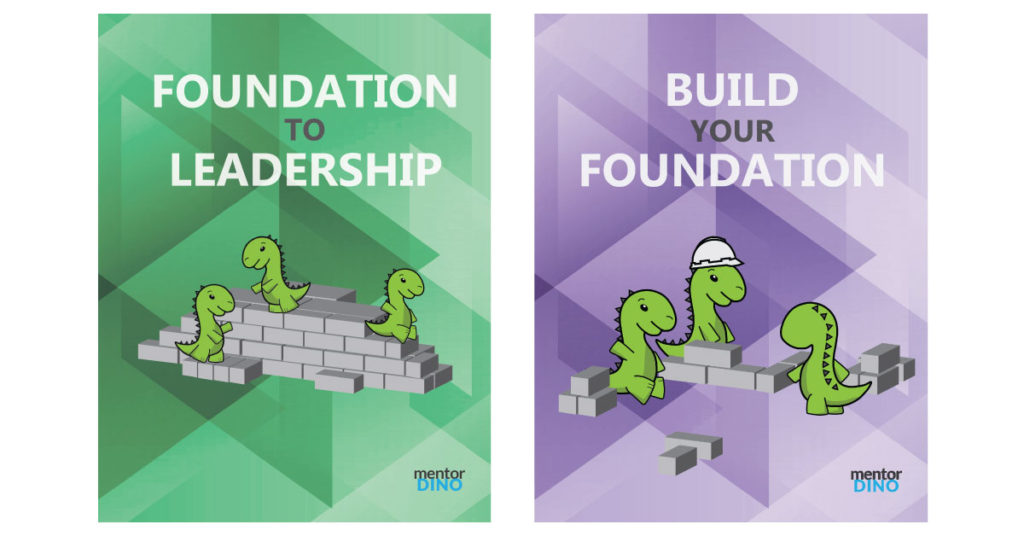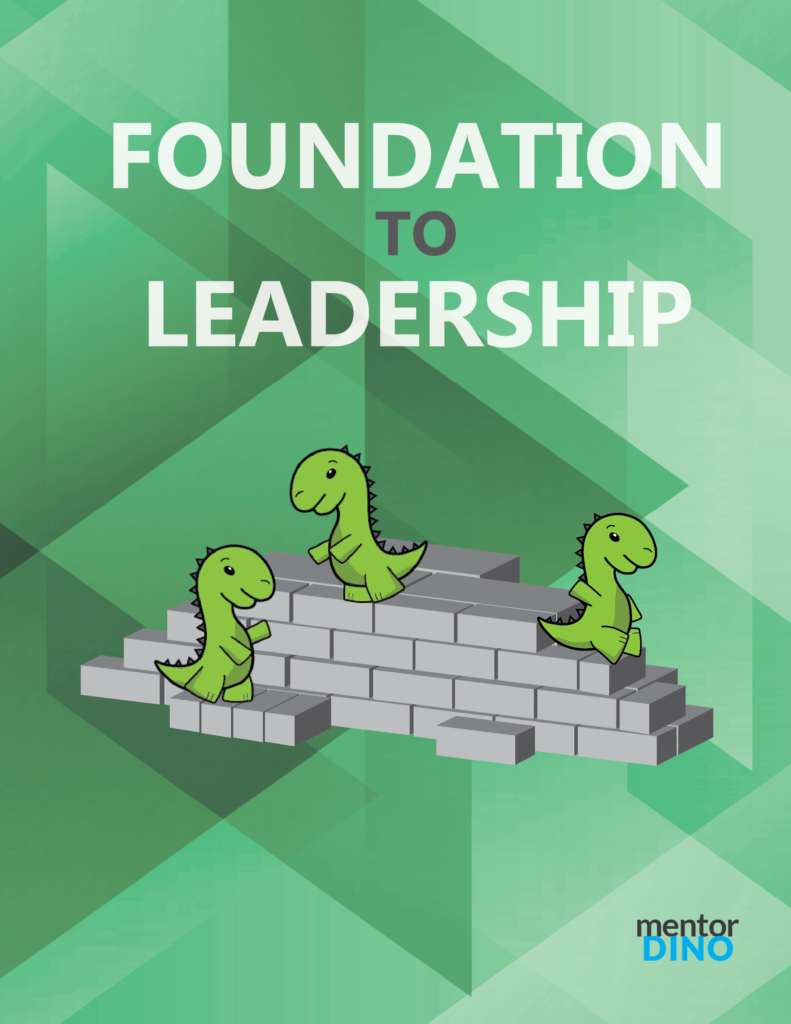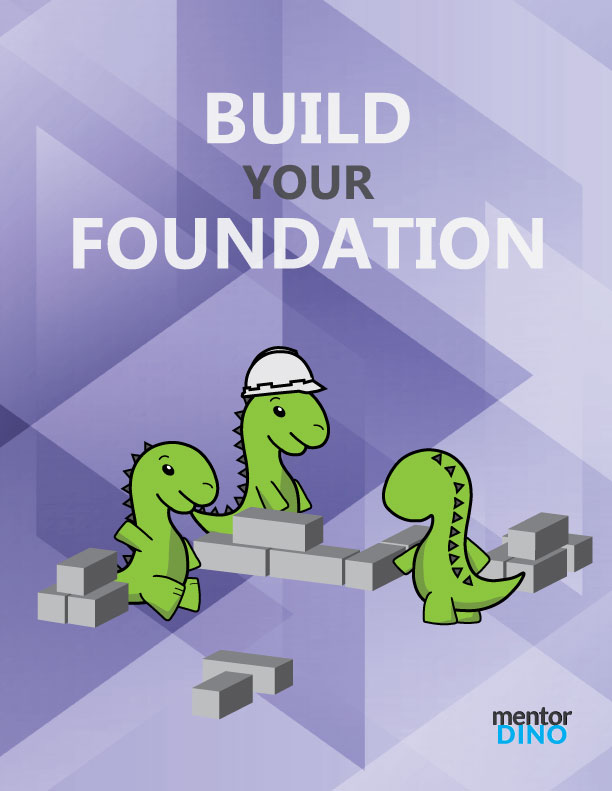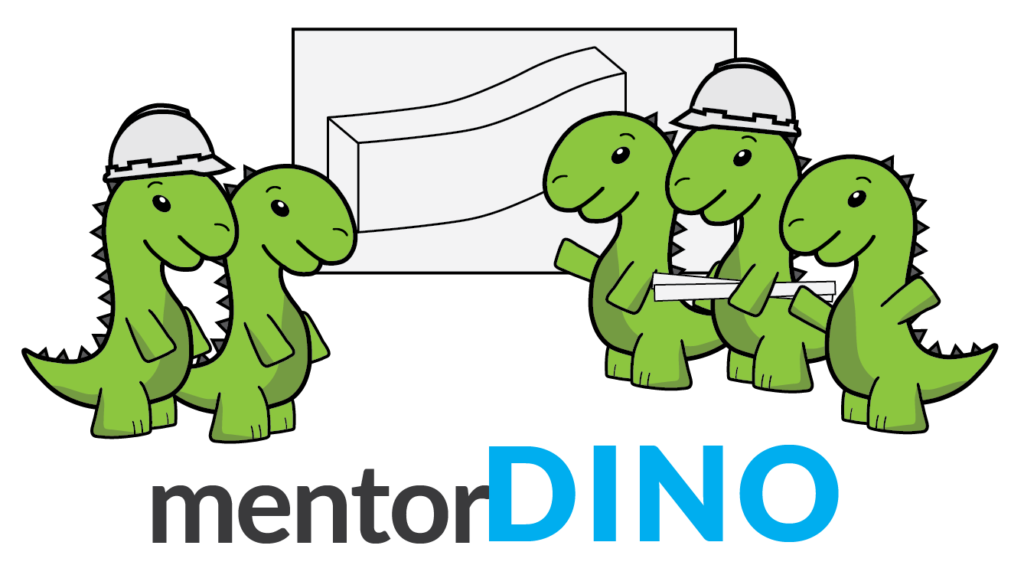In the competitive field of architecture and engineering, technical skills alone are no longer enough to ensure success. Soft skills, often overlooked but equally crucial, play a vital role in the growth and prosperity of architecture and/or engineering firms. Soft skills encompass a range of personal attributes, such as communication, teamwork, adaptability, and problem-solving. In this blog post, we will delve into the return on investment (ROI) of soft skills training for architecture firms and explore how it can benefit both employees and the company.
Productivity and Efficiency Boost
One of the most significant benefits of soft skills training for architecture and/or engineering firms is the boost in productivity and efficiency. When employees possess strong soft skills, they can communicate effectively, collaborate with others, and solve problems more efficiently. This results in improved project outcomes and a more streamlined workflow throughout the organization.
Effective communication is a cornerstone of soft skills training. Professionals with excellent communication skills can clearly convey their ideas and concepts to clients, team members, and other stakeholders. This reduces the chances of misunderstandings and ensures that everyone involved is on the same page. Clear communication also facilitates smoother decision-making processes and minimizes errors or rework, saving valuable time and resources.
Collaboration is another crucial aspect of soft skills training. Building projects often involve multidisciplinary teams, and effective collaboration ensures that everyone works together seamlessly towards a common goal. By fostering a collaborative environment, where ideas are shared, feedback is encouraged, and individuals respect each other’s perspectives, firms can harness the power of teamwork. This results in faster problem-solving, increased creativity, and a more harmonious work environment.
Adaptability is yet another vital soft skill in architecture and engineering. As projects develop and circumstances change, we need to be adaptable and open to new ideas and approaches. Soft skills training helps employees develop the ability to think on their feet, embrace change, and adapt their strategies accordingly. Architects who can quickly adapt to shifting project requirements, new technologies, or unexpected challenges can maintain momentum and keep projects on track.
Time management is a critical aspect of productivity, and soft skills training equips professionals with effective time management techniques. By learning to prioritize tasks, set realistic deadlines, and manage their schedules efficiently, Architects can optimize their productivity of their teams. Time management skills also help to maintain a healthy work-life integration, reducing the risk of burnout and enhancing overall job satisfaction.
Increased Revenue and Business Success
Soft skills training not only improves internal operations, but also has a direct impact on a firm’s revenue and overall business success. Building strong relationships with clients and vendors is vital for sustained growth in the architecture, engineering and construction industry.
Effective communication and relationship-building skills are at the heart of successful client interactions. Architects and Designers who can articulate their design concepts clearly and engage clients in meaningful conversations are more likely to win their trust and secure projects. Additionally, professionals with excellent interpersonal skills can establish rapport and create lasting relationships with clients, leading to repeat business and positive referrals.
Furthermore, strong relationships with vendors can have a significant impact on a firm’s success. Vendors often play a critical role in the timely completion of projects by supplying materials, products, and services. Professionals that build positive working relationships with vendors can have a more honest and open communication regarding the projects, its deadlines, and helps vendors to be prepared for projects down the pipeline. They can also be a huge asset if any issues arise in the field to help solve problems in a positive manner that helps the team and client.
Soft skills training also emphasizes the importance of client and vendor management. Professionals who understand the value of building and nurturing relationships invest time and effort in maintaining connections with clients and vendors beyond the project scope. By staying engaged with clients, professionals can gain valuable insights into evolving market trends, client preferences, and potential future opportunities. Similarly, maintaining strong relationships with vendors can lead to improved product availability, enhanced support, and faster response times, all of which contribute to project success.
Improved Workplace Culture
Investing in soft skills training has a profound impact on workplace culture, employee morale, and staff retention. A positive work environment that fosters collaboration, respect, and open communication contributes to the overall success of an architecture and/or engineering firm.
Soft skills training programs emphasize the importance of teamwork and encourage employees to work together towards a common goal. When a design team collaborates effectively, leveraging their diverse skill sets and experiences, they produce more innovative and comprehensive design solutions. Additionally, collaborative environments foster a sense of camaraderie and collective ownership, which motivates employees to go the extra mile and deliver exceptional results.
Conflict resolution is another critical soft skill that promotes a healthy work environment. Firms often encounter disagreements and differing opinions during the project lifecycle. Soft skills training equips professionals with techniques to navigate conflicts constructively, fostering mutual understanding and compromise. By addressing conflicts promptly and effectively, professionals can prevent them from escalating into larger issues that impact team dynamics and project outcomes.
Emotional intelligence, a core component of soft skills, plays a significant role in improving workplace culture. Professionals who possess emotional intelligence can understand and manage their own emotions effectively while empathizing with the feelings and perspectives of others. This creates a supportive and inclusive environment where everyone feels valued and respected. When staff feel emotionally supported, they are more likely to stay engaged, motivated, and committed to the firm’s success.
Reducing employee turnover is a significant benefit of investing in soft skills training. When Architects, Designers, and Engineers feel satisfied and fulfilled in their roles, they are more likely to remain loyal to the organization. A positive workplace culture that emphasizes personal and professional growth, offers opportunities for skill development and advancement, and recognizes and rewards achievements contributes to employee retention. By investing in soft skills training, firms can build a reputation as an employer of choice, attracting and retaining top talent.

Foundation to Leadership Training Course
At mentorDINO, I understand the unique challenges architecture and engineering firms face in developing the soft skills needed for success. Our Foundation to Leadership Course is designed specifically for individuals with over five years of experience who are leading teams or senior professionals who own firms. By focusing on the soft skills relevant to the architectural, engineering, and contractor industry, our course offers real-world examples and practical solutions.
The curriculum of our course is carefully crafted to cover a broad range of essential soft skills. Participants will gain insights into personality types, strengths, weaknesses, empathetic listening, learning styles, goal setting, adaptability, communication, collaboration, trust-building, delegation, feedback, time management, team management, networking, visibility, advocacy, and mentoring.
The benefits and values of our soft skills training courses are manifold:
1. Career Advancement: Acquiring soft skills through our course significantly contributes to career growth and advancement. Effective communication, leadership abilities, and adaptability are highly sought after by employers and can open doors to new opportunities and promotions.
2. Improved Leadership Abilities: Developing soft skills enhances leadership abilities. Effective leadership requires skills such as delegation, empathy, and team management, all of which are covered in our course. Participants will learn how to become more influential and successful leaders within their organizations.
3. Enhanced Team Dynamics: Soft skills training positively impacts team dynamics. Building trust, fostering collaboration, and creating a positive work environment are crucial for a cohesive and high-performing team. Our course equips participants with the skills to lead and work effectively within a team, leading to improved teamwork, increased productivity, and a happier work atmosphere.
4. Overall Professional Success: Acquiring a comprehensive set of soft skills is a key factor in achieving overall professional success. Soft skills are not only valuable within the workplace but also in networking, client interactions, and professional relationships. Our course will equip participants with the tools and techniques necessary to navigate these aspects of their careers successfully.

Build Your Foundation Training Course
Lastly, it is important to not forget about your youngest staff! These are the professions on a very steep learning curve coming out of college, learning that the real world is very different than school, and dealing with pressures such as college debt and licensure exams. It is amazing to see the profession grow and new professionals enter the industry but it can be hard work to get them up to speed, build their confidence in the office, and mentor them through this career transition. That is why we designed the “Build Your Foundation” Course and our “Young Professional Bundle”. The “Build Your Foundation” course is the soft skills development course for young professionals. It provides a holistic approach to skills development to provide them with upfront training, but also unlimited access to return to any subject matter for in-time training.
By participating in this course, individuals will gain the fundamental skills that most professionals learn over years of experience and trail-and-error. By bringing these skills to the start of someone’s career can make a significant impact within the architecture, engineering, and contractor industry.
But why put so much effort into training your youngest staff? Here are some of the benefits and values of our soft skills training for this group:
1. Realistic Goal Setting: Setting goals is crucial for personal and professional growth. In the “Build Your Foundation” Course, participants will learn to set realistic, challenging, and achievable goals that drive their advancement in the architecture industry. By mastering goal-setting techniques, participants can establish a clear path to success and continuously strive for improvement. The Architecture Registration Exams, Engineering Exams, and NCIDQ can all be very overwhelming to know where to get started which can hinder a lot of professionals from starting the process. Our goal setting techniques helps teach professionals how to break down long range goals into actionable bites. And if you are studying for the Architecture Registration Exams, you can also check out our ARE Story Series in our blog!
2. Responsibility and Ownership: Taking ownership of tasks and projects is a fundamental attribute of successful professionals. Our course emphasizes the importance of accountability and fosters a sense of responsibility among participants. By understanding the significance of owning their work, individuals become more reliable and committed to delivering high-quality results.
3. Recognizing Burnout and Leveraging Stress: The demanding nature of the architecture profession can often lead to burnout. And if you didn’t know, most college students have already experienced burnout BEFORE starting their professional career. We need to education stress management, stress optimization, and burnout at all levels. In our course, participants will gain insights into recognizing burnout in themselves and others, along with strategies to prevent and manage it effectively. They will also learn to leverage stress as a catalyst for growth and productivity, rather than allowing it to become overwhelming.
4. Collaboration and Communication: Effective collaboration and communication skills are vital within project teams in the architecture industry. Through our course, participants will discover the importance of collaboration and learn techniques for fostering effective communication within their teams. By enhancing these skills, young professionals can facilitate smoother project workflows, improve coordination, and produce outstanding results. It also can give them the confidence to ask more questions when they don’t understand something rather than being afraid to acknowledge when they don’t know a concept, unsure of the work being delegated, or simply learning a new acronym. We are an industry FULL of acronyms.
5. Time Management: Time management is a crucial skill in the architecture profession. Our course equips participants with the fundamentals of time management, enabling them to optimize their productivity and efficiency. By mastering time management techniques tailored to the specific needs of our industry, participants can ensure timely project delivery while maintaining a healthy work-life balance/integration.
6. Networking and Mentorship: Networking and mentorship play pivotal roles in shaping a successful career path. Participants in our course will explore the significance of networking, visibility, advocacy, and mentorship. They will learn effective networking strategies and discover how to leverage mentorship opportunities to gain valuable insights and guidance from experienced professionals.
7. Feedback: Giving and receiving feedback is a vital skill for professional growth. Our course provides participants with tips and techniques for delivering constructive feedback effectively. By cultivating a culture of feedback, architects can continuously improve their skills and performance.
By participating in the “Build Your Foundation” Course, individuals can lay a strong groundwork for their professional success in the architecture industry. The comprehensive curriculum covers a wide range of essential soft skills, empowering participants to become well-rounded professionals capable of thriving in their careers.

Investing in soft skills training is a wise and strategic decision for firms seeking sustainable growth and success. The benefits of such training are multifaceted and encompass increased productivity, stronger relationships with clients and vendors, and a positive workplace culture.
By prioritizing soft skills development, firms can witness a substantial increase in productivity and efficiency. Effective communication, collaboration, adaptability, and time management skills enable architects to work seamlessly, produce high-quality work, and meet project deadlines.
Moreover, soft skills training plays a pivotal role in building stronger relationships with clients and vendors. Professionals equipped with exceptional communication, negotiation, and interpersonal skills can establish rapport, foster trust, and secure better deals. These relationships translate into increased revenue, repeat business, and a solid reputation in the industry.
Furthermore, investing in soft skills training contributes to a positive workplace culture. By emphasizing teamwork, conflict resolution, emotional intelligence, and empathy, architecture firms can create a supportive and collaborative environment. This fosters higher employee morale, reduced turnover, and a motivated workforce committed to the firm’s success.
At mentorDINO, we are dedicated to helping architecture and/or engineering firms unlock their full potential. Our comprehensive soft skills training programs are tailored to the specific needs of the industry, providing real-world examples and practical solutions. Our courses cover a wide range of essential soft skills, empowering participants to excel in areas such as effective communication, leadership, collaboration, time management, and networking.
By investing in our comprehensive soft skills training programs, your firm can reap the rewards of increased productivity, enhanced client and vendor relationships, and a positive and thriving workplace culture. Partner with us at mentorDINO to equip your employees with the skills they need to succeed and elevate your firm to new heights in the competitive architecture industry.
Don’t miss out on the opportunity to make a difference in your firm’s success. Check out our courses page to learn more about each course offered. You can also contact us with any questions you may have or if you want to learn more about how we can assist your firm in reaching its full potential.
Written by
Katelyn Rossier, AIA, NCARB, LSSBB


